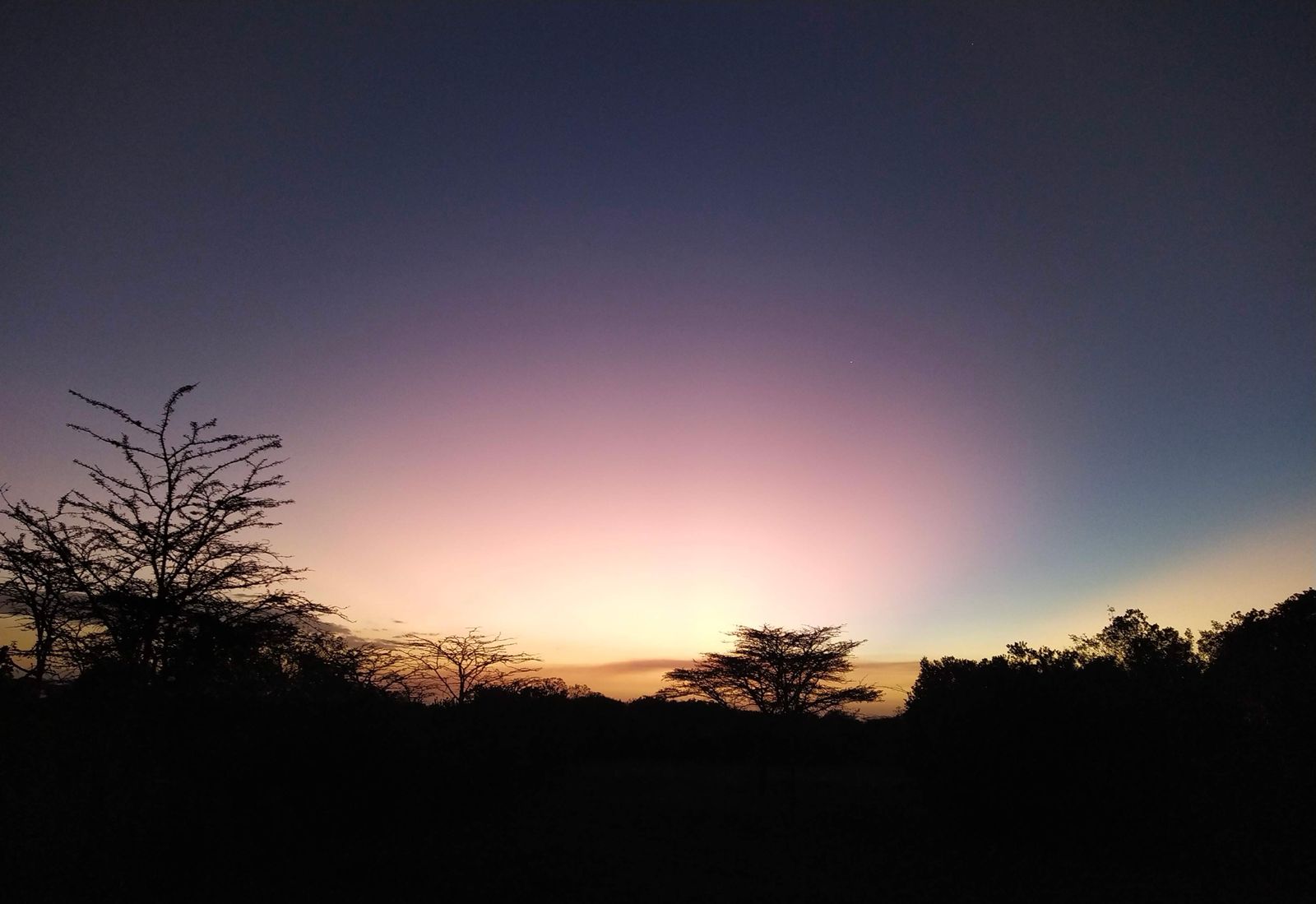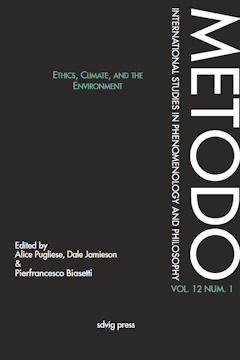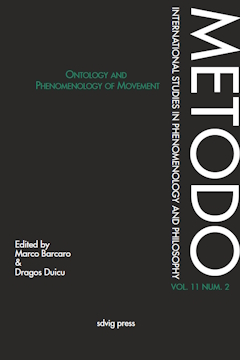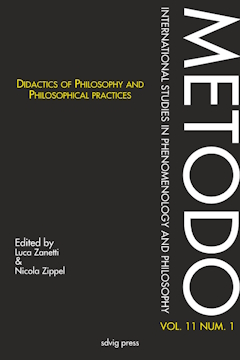Metodo is an international, peer-reviewed, and open access journal founded in 2012. Its aim is to foster philosophical investigations at the crossroad of phenomenological scholarship and other scientific and philosophical currents of thought. Learn more...
Current issue

Environmental knowledge as a form of ethics
pp.41-60
https://10.19079/metodo.12.1.41thought, consciousness and conflicts of interests
pp.61-82
https://10.19079/metodo.12.1.61in dialogue with Dale Jamieson
pp.139
https://10.19079/metodo.12.1.139Call for papers
vol. 14 (1)
The experience of being and nothingnessEdited by Lanzirotti Giulia; Zanetti Luca
Deadline: Oct 31st 2025
Sometimes, we find ourselves struck with wonder and awe at the realization that, instead of nothing, there is something
Journal Information
ISSN
2281-9177
Indexes
Anvur (A Class), ERIH Plus, Ophen, Scopus
Frequency
Metodo publishes two regular issues per year, each devoted to a specific topic and edited by two editors. We welcome proposals by external scholars to officiate as editors of a thematic issue.
Scope
Metodo accepts articles both of a systematic in nature and of a more historical character – provided they offer a relevant contribution to current debates concerning the issues' topic.
We publish articles in English, German, Spanish, French, and Italian.

Open Access
Metodo is an open access journal: available for free to all readers, it does not request any publication fees (APCs) from authors. Authors retain the copyright to their work, which are released under a CC BY NC license
Publication Ethics
We are fully committed to the Best Practice Guidelines of COPE. See our full statement


